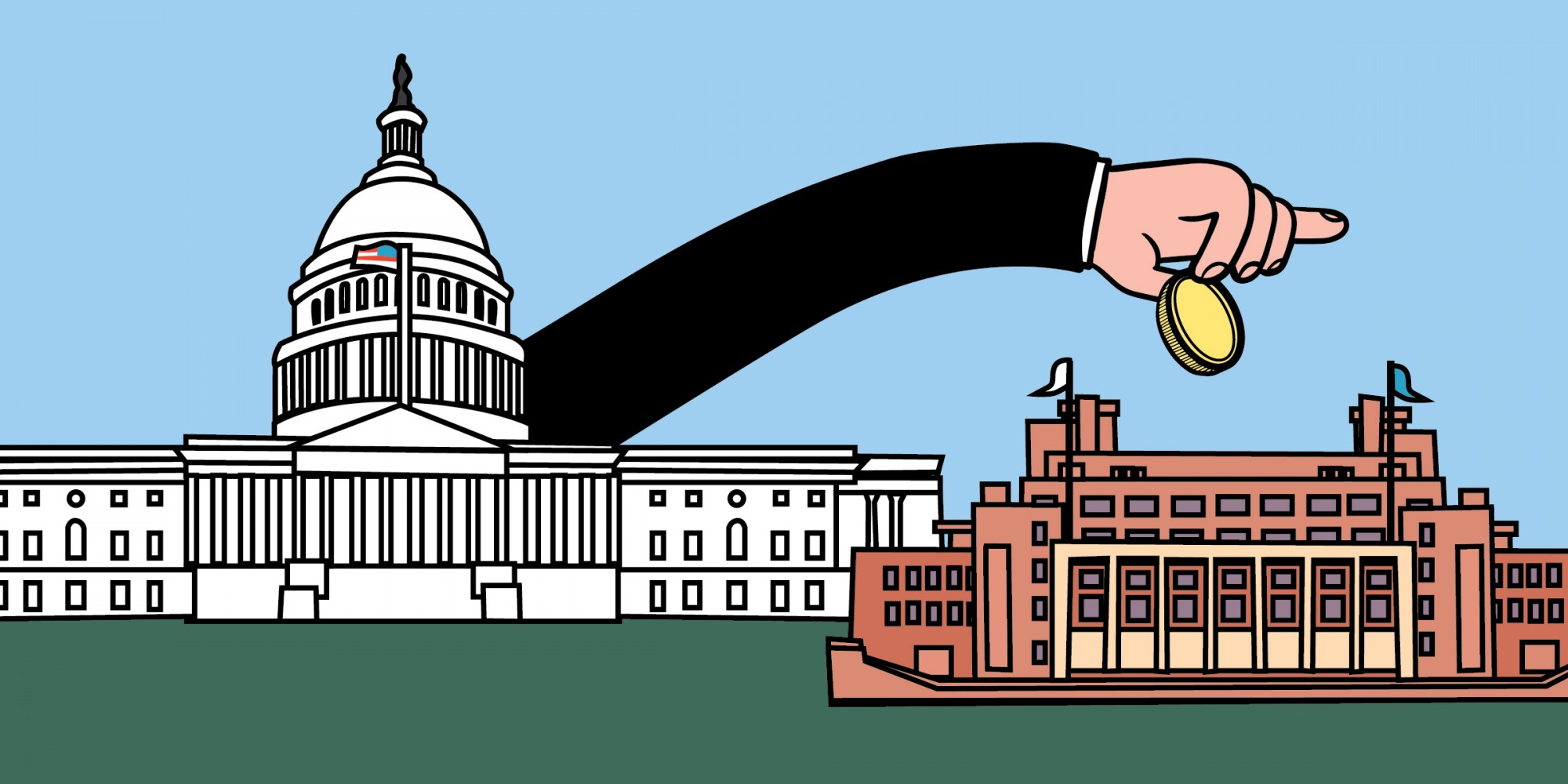The University of Minnesota undergraduate student government is joining a nationwide effort to push Congress to update a key piece of higher education legislation, potentially giving more federal funding to college students and strengthening educational resources.
Last week, the Association of Big Ten Students, an organization for student leaders in the 14 universities in the Big Ten, gathered support for the renewal of the Higher Education Act – which has not been changed in 11 years.
The act provides financial aid to students and educational resources in colleges and universities. The legislation, which was signed into law in 1965, is supposed to be evaluated every five years as university finances change over time. It includes support and federal funds for programs like Title IX policies, the Pell Grant and Federal Student Aid.
In 2019, however, Congress has yet to change the HEA to fit current student needs, student leaders say.
“It’s not okay to … have such comprehensive legislation that is the backbone of what higher ed is, that isn’t really up to date,” said Bri Sislo-Schutta, who serves in both the Minnesota Student Association and the ABTS. “Obviously, colleges and universities are completely different from what they were in 2008.”
ABTS has been lobbying for the renewal since last spring, when the organization went to Washington, D.C. to represent over half a million students across the Big Ten schools. After a bill to renew the HEA failed to pass, ABTS decided to take action by educating their student bodies about its importance and gathering support from students across the nation.
Though each school is doing its own individual advocacy, like the University of Illinois’ on-campus rally and the University of Minnesota’s call for students to share personal stories, the organization is united on what they would like to see changed.
The changes include simplification of the Free Application for Federal Student Aid (FAFSA), expansion of the Pell Grant, regulations related to Title IX policy and increased mental health awareness on campuses.
“It’s really time to take some action and benefit students in a way that they haven’t in over 10 years,” said Kirsten Petersen, the ABTS director of legislative affairs.
However, many students are not aware that the HEA has not been renewed, or even exists. Samay Kindra, the director of governmental affairs for the University of Maryland Student Government Association, said he also “had no idea” about the HEA before it was brought to the ABTS’s attention earlier this year. However, students, when educated, are typically in support of these changes.
The association plans to bring these issues before Congress in December, along with a petition signed by students across the country.
“[This petition is about] making a point to say, as an association … this is an issue,” Petersen said. “We are 14 of the biggest universities [in the U.S.] and we have all these individual students who have signed this and say, ‘Hey, pay attention.’”








